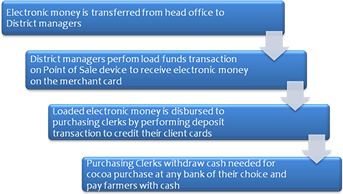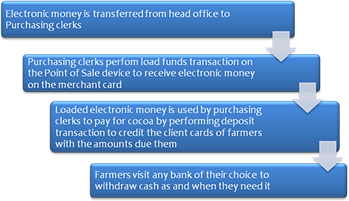Livelihoods Empowerment against Poverty (LEAP)
The Livelihoods Empowerment against Poverty (LEAP) programme was developed by the government of Ghana as a flagship National Protection Strategy programme to empower extremely poor populations in the country. Leap is a cash transfer programme for the poorest and the most vulnerable households in the country with particular emphasis on households with orphans and vulnerable children, the elderly and severely disabled persons.
It is a social cash Transfer programme intended to deliver to beneficiary household in a predictable and regular manner. Currently, the LEAP Programme is moved on to some electronic platform in Ghana.
Districts Currently under GhIPSS
- Kwahu-West District Eastern Region
- Nzema-East District Western Region
- Ellembelle District Western Region
- Saboba District Northern Region
Services Provided by GhIPSS
- Training on e-zwich for FIs (RESCI & POS)
- Support for enrolment and Cash out services
- Payment Distribution Services (Disbursement of funds onto beneficiaries cards)
- Monthly status reports
- Support to LMU staff/MIS staff/ District Social Welfare Officers & FIs
- Coordinate field activities pre and post payment cycles


